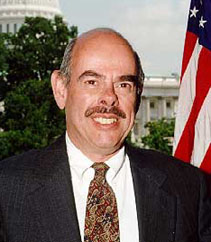 Speed is trivial,
but you’d think we could do better than this:
Speed is trivial,
but you’d think we could do better than this:
The average broadband download speed in the US is only 1.9 megabits per second, compared to 61 Mbps in Japan, 45 Mbps in South Korea, 18 Mbps in Sweden, 17 Mpbs in France, and 7 Mbps in Canada, according to the Communication Workers of America.And as we’ve seen, that list of countries could soon include Hong Kong and India, because they’re taking the problem seriously. More interesting was this was said to. Continue reading— US high-speed Internet is slow, Submitted by Canada IFP, Press Esc, on Sun, 2007-05-20






 Susan Crawford hits the broadband nail on the head:
Susan Crawford hits the broadband nail on the head:

 As we saw in
As we saw in
 Hands Off the Internet conflates more things that just aren’t the same.
First, they quote a recent story by a college physics sophomore:
Hands Off the Internet conflates more things that just aren’t the same.
First, they quote a recent story by a college physics sophomore:
 Nope, what we want you to know is that the big telcos that are the
primary Internet Service Providers (ISPs) in the U.S. these days
had nothing to do with inventing our modern Internet.
They also had very little to do with commercializing it.
The first two geographically distributed commercial ISPs
were UUNET and PSINet, back in 1990.
AT&T, MCI, Sprint, and all the other telcos horned in on the party
years later.
Nope, what we want you to know is that the big telcos that are the
primary Internet Service Providers (ISPs) in the U.S. these days
had nothing to do with inventing our modern Internet.
They also had very little to do with commercializing it.
The first two geographically distributed commercial ISPs
were UUNET and PSINet, back in 1990.
AT&T, MCI, Sprint, and all the other telcos horned in on the party
years later.
